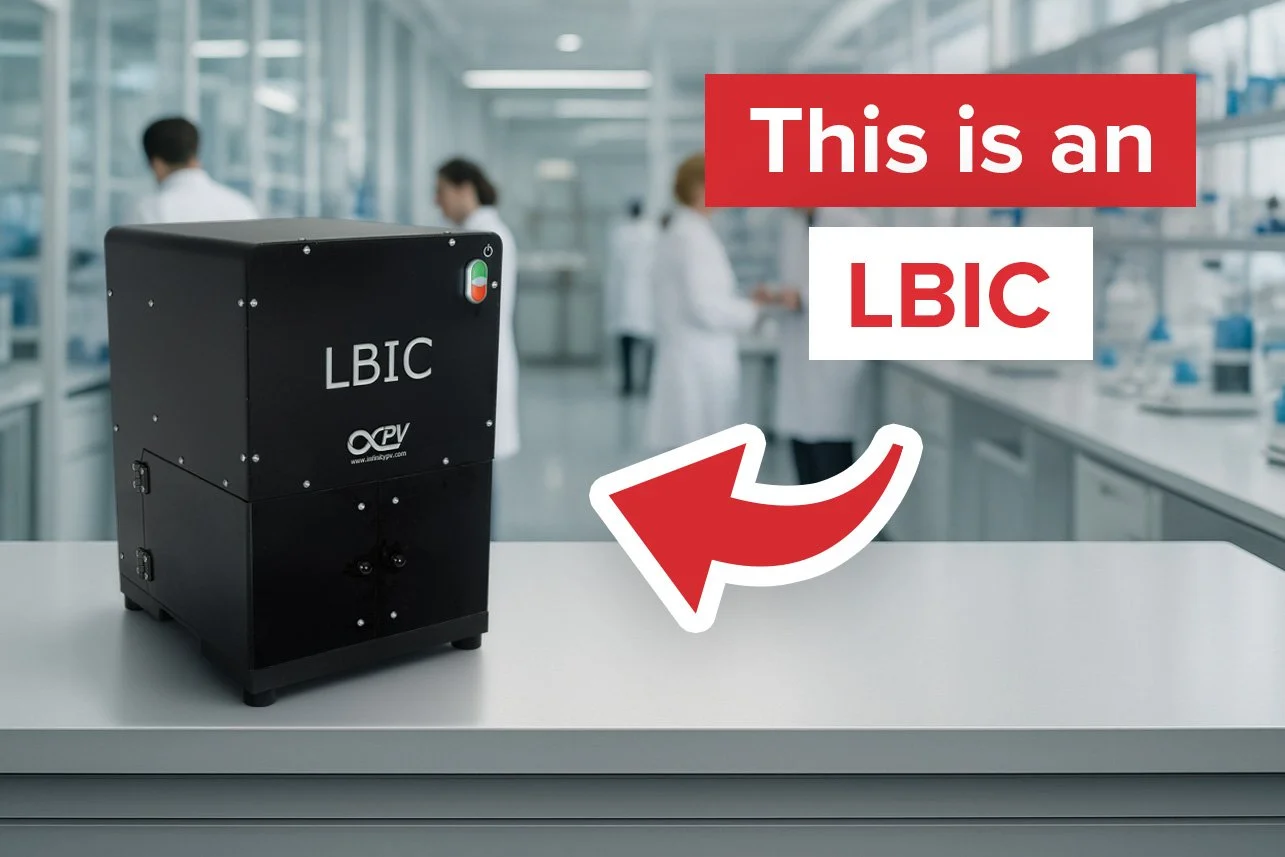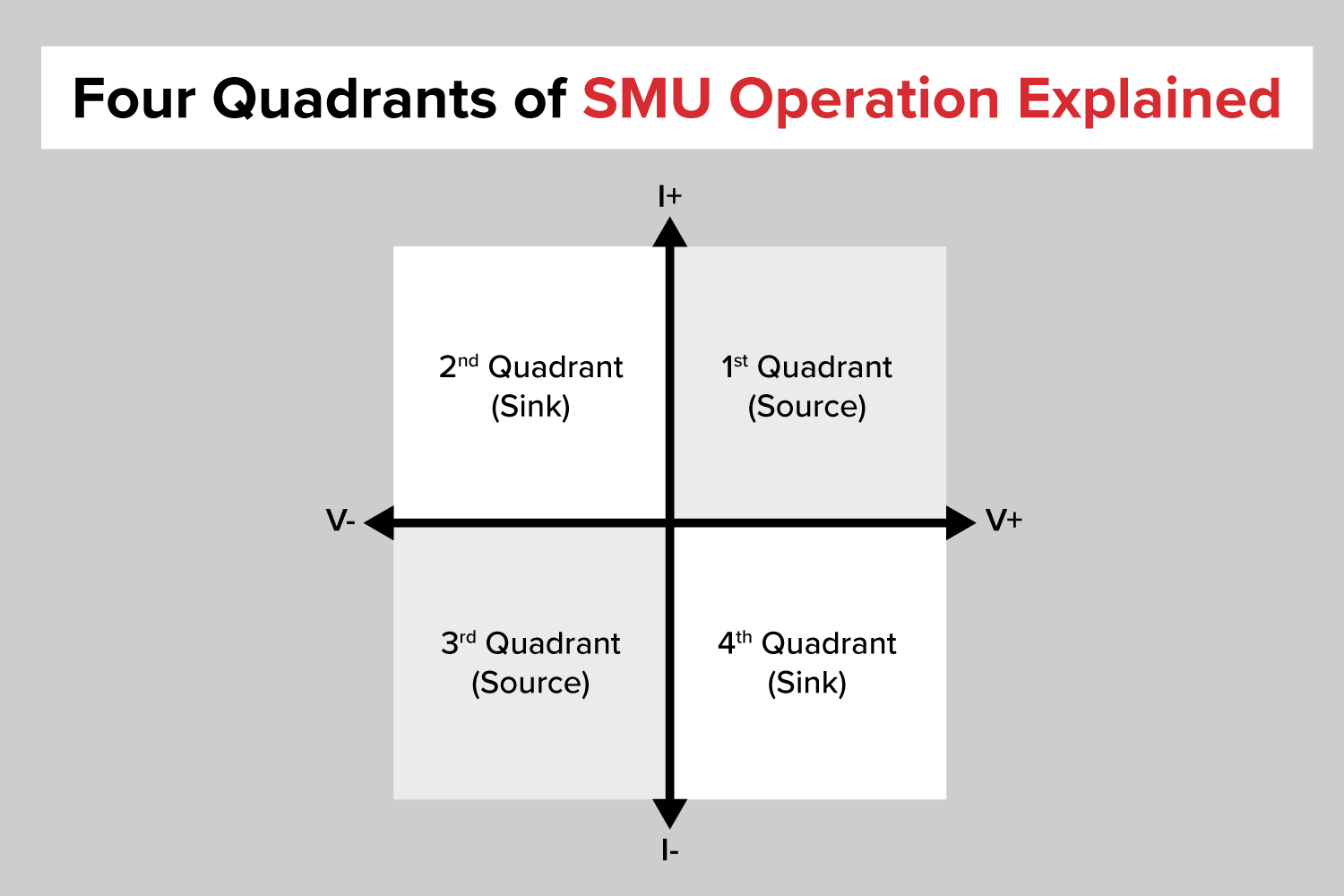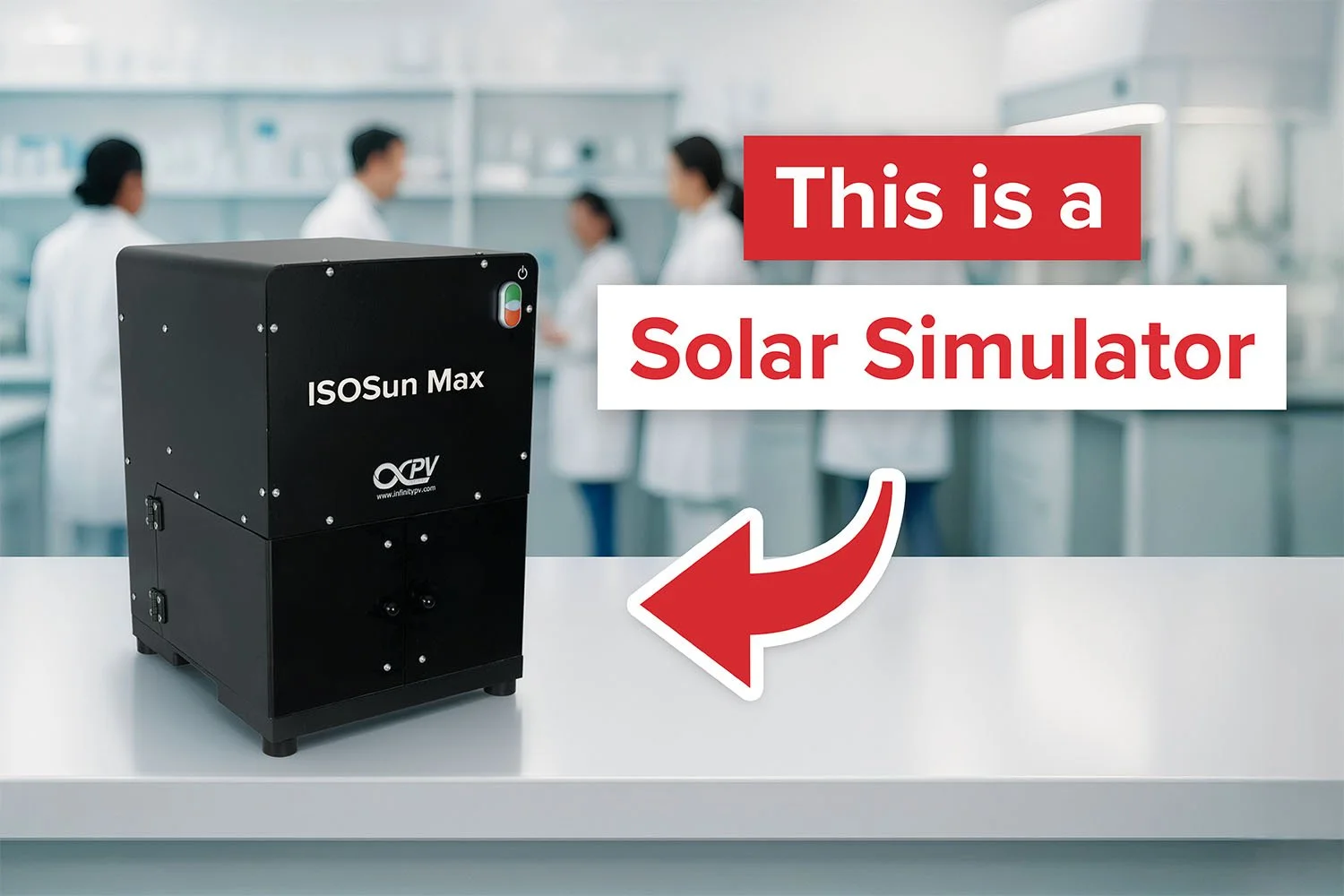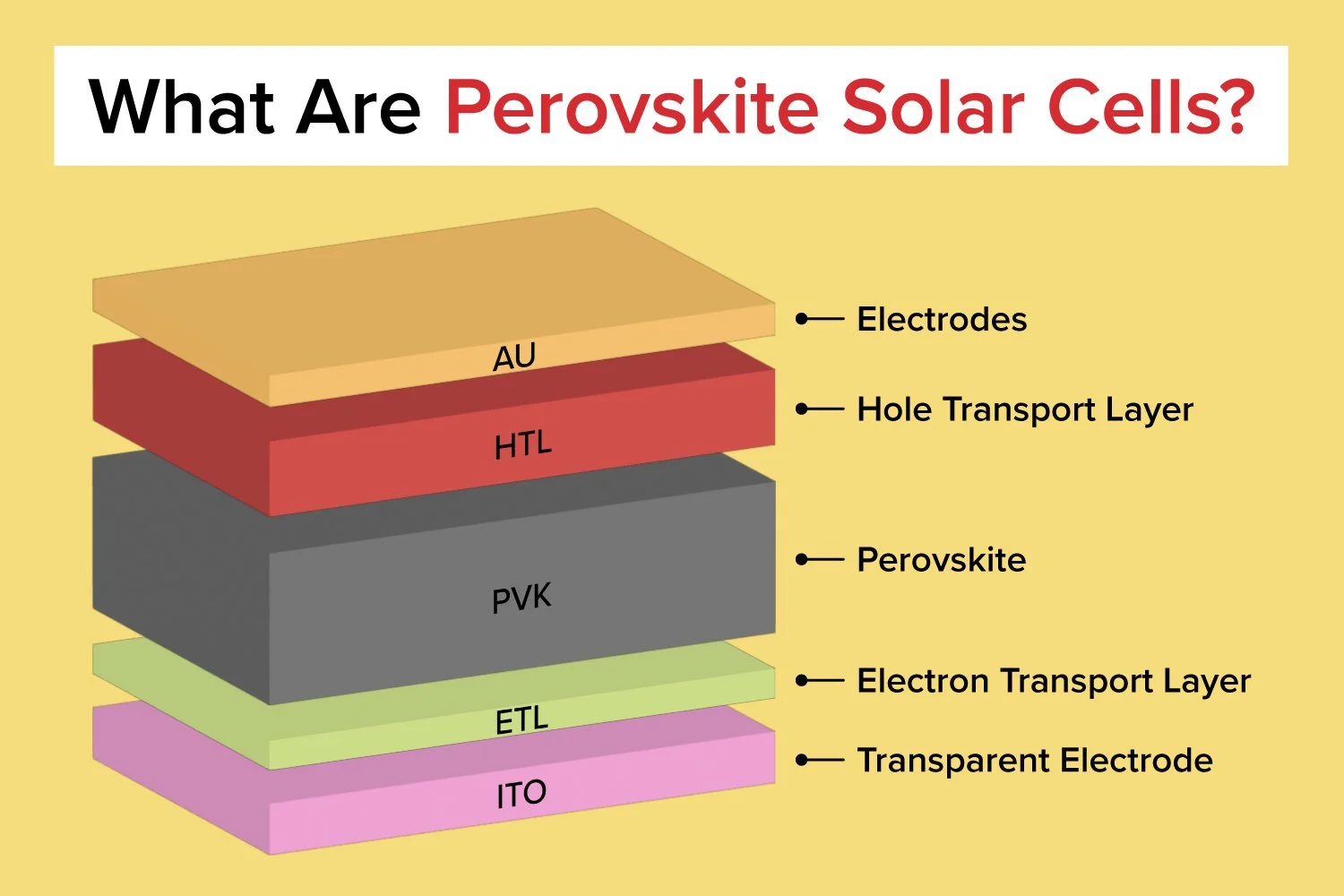EIFFEL
The EIFFEL project aims to secure Europe's market standing by developing efficient organic photovoltaics, fostering interdisciplinary researchers for high-tech innovation.
Project Description
The EIFFEL project addresses the pressing need for advancements in NFA materials and NFA-based OSCs, as emphasized by the REPowerEU initiative. Europe has lost its leadership in device performance to Asia, particularly in the area of NFAs. EIFFEL aims to reverse this trend by utilizing goal-driven design strategies and working closely with stakeholders. The project will investigate vacuum processing, a technology not widely used in NFA-based OSCs, and will tackle stability issues.
Efficient NFAs offer benefits such as structural diversity, tunability, and superior energy transfer, leading to scientific investigations into working mechanisms, charge transfer states, and limiting steps. EIFFEL combines design, synthesis, modeling, and testing to address these questions and meet its primary research goals. The project aims for power conversion efficiencies of 20% for small area devices and 18% for large area devices, while retaining over 90% of initial performance after 10,000 hours of continuous illumination. By emphasizing a feedback loop that involves material design, photophysics modeling, and performance testing, EIFFEL is positioned as a crucial initiative for advancing efficient and commercially viable organic photovoltaic technologies.
This project has received funding from the Horizon Europe Framework Programme under the Marie Skłodowska-Curie Doctoral Networks Grant Agreement - GA-101119780. Project duration: 01.02.2024 – 31.01.2028.
6 Work Packages
EIFFEL is organized into 6 work packages (WPs): three focus on research activities, including 10 individual projects, and the remaining three cover training (WP 2), dissemination (WP 6), and management (WP 1).
WP 1: Management
The goal of WP1 is to ensure transparent and effective management of scientific, training, financial, and administrative matters. It will track the project's progress in line with its deliverables and milestones, as well as oversee IP protection.
WP 2: Training
This work package will coordinate training activities, secondments, and network events to provide the appropriate skill set for DCs. All fellows have planned secondments in collaboration with partner organizations and beneficiaries.
WP 3: Novel Materials and Devices
WP3 aims to design, synthesize, characterize, and integrate novel non-fullerene acceptors (NFAs) into organic solar cells (OSCs). The project includes several tasks:
Side-chain engineering of efficient NFAs for solution-processed sq-BHJ and BHJ OSCs
Fabrication and characterization of vacuum-processed OSCs
Dyes-based NFAs for solution-processed BHJ OSCs
Evaporable NFAs for vacuum-processed OSCs
Preliminary testing of NFAs in lab-scale BHJ OSCs
WP 4: Efficiency-Limiting Processes
WP4 consists of three main tasks aimed at understanding and optimizing the performance of novel solar cell materials:
Exciton and charge carrier dynamics and yields of novel solar cell materials
The impact of donor-acceptor microstructure on solar cells
Free energy losses in devices during light conversion
WP 5: Lifetime-Limiting Processes
WP5 includes three tasks focused on controlled aging, advanced characterization, and understanding the impact of aging on organic solar cells:
Controlled aging of films and organic photovoltaic devices
Advanced characterization of aged organic solar cells and their photophysics
Impact of aging on the microstructure of organic solar cells
WP 6: Dissemination, Exploitation, and Outreach
The main objective of WP6 is to efficiently coordinate the dissemination, exploitation, and communication of the Action results within the project framework. This involves strategic planning, managing online platforms, and engaging with various stakeholders. It includes active management of the Virtual Portal in the Open Science Lab section to facilitate seamless communication and collaboration among project participants, fostering a cohesive working environment. Additionally, social media accounts will be leveraged for broader outreach and real-time dissemination of project updates. Throughout the project, we will coordinate active participation in significant events, including EU Sustainable Energy Week and EU Energy Day, to maximize visibility and engagement opportunities.
EIFFEL Project to Train 10 Doctoral Candidates in Cutting-Edge Fullerene-Free Photovoltaic Research Across Europe
The EIFFEL project aims to recruit and train 10 talented Doctoral Candidates (DCs) for individual research projects focused on advancing fullerene-free photovoltaic devices across various European institutions and universities. Each project is supervised by experts in the field and addresses distinct aspects of organic solar cell technology. Here is a detailed summary of the individual projects:
1. Environmental stability of fullerene-free photovoltaic devices
Institution: Leibniz Institute for Solid State and Materials Research Dresden (IFW, Germany)
Supervisors: Prof. Vaynzof and Prof. Pchenitchnikov
Focus: Investigate degradation mechanisms and products affecting the performance of fullerene-free solar cells due to environmental factors (O2, H2O) and thermal/light stress.
2. Recombination mechanisms in fullerene-free photovoltaic devices
Institution: Technical University of Chemnitz (TUC, Germany)
Supervisors: Prof. Deibel and Prof. Vaynzof
Focus: Use optoelectronic techniques to study radiative and non-radiative recombination of charge carriers in non-fullerene acceptor organic solar cells (NFA OSCs).
3. Comprehensive modelling of voltage losses in fullerene-free photovoltaic devices
Institution: Universite de Mons (UMONS, Belgium)
Supervisors: Prof. Beljonne and Dr. Walzer
Focus: Develop a multifaceted modelling protocol to assess voltage losses in NFA-based organic solar cells, both radiative and non-radiative.
4. Basic photophysics of new NFA materials
Institution: Rijksuniversiteit Groningen (UG, Netherlands)
Supervisors: Prof. Pchenitchnikov and Prof. Blanchard
Focus: Perform spectroscopy and study time-resolved photoluminescence and exciton diffusion in photovoltaic materials to provide feedback for material optimization.
5. Synthesis and test of vacuum-processable non-fullerene acceptors
Institution: Heliatek GmbH (HTK, Germany)
Supervisors: Dr. Hildebrandt and Prof. Blanchard
Focus: Conduct organic synthesis and characterise vacuum-processable non-fullerene acceptors to ensure suitable energy levels and thermal stability for vacuum deposition.
6. Ternary mixing for organic photovoltaics with panchromatic absorption and improved stability
Institution: Universitat Politècnica de Catalunya (UPC, Spain)
Supervisor: Dr. Burgués-Ceballos
Focus: Explore ternary blends in solar cells to enhance efficiency and stability using state-of-the-art solution-processing technologies.
7. Microstructure, nanomorphology formation and stability of non-fullerene acceptor active layer
Institution: Agencia Estatal Consejo de Investigaciones Científicas (CSIC, Spain)
Supervisors: Dr. E. Barrena and Dr. Eduardo Solano
Focus: Use in-situ scanning probe microscopy and x-ray diffraction to study and monitor the microstructure, nanomorphology, and stability of NFA active layers under various conditions.
8. Synthesis and characterization of functionalized NFAs for solution-processed sq-BHJ and BHJ OSCs
Institution: Centre National de la Recherche Scientifique (CNRS, France)
Supervisors: Dr. Blanchard and Prof. Koutentis
Focus: Conduct organic synthesis and characterization of functionalized NFAs for solution-processed OSCs, including thin film and device preparation and evaluation.
9. Roll-to-roll printing of soluble non-fullerene acceptors for stable organic solar cells
Institution: Infinity PV APS (Denmark)
Supervisors: Dr. Krebs and Prof. Vaynzof
Focus: Develop industrially relevant roll-to-roll printing techniques for organic solar cells using NFAs, comparing their performance and lifetime with existing fullerene-based OSCs.
10. Synthesis of small molecule non fullerene acceptors for vacuum deposition studies
Institution: University of Cyprus (UCY, Cyprus)
Supervisors: Prof. Koutentis and Dr. Hildebrandt
Focus: Perform heterocyclic synthesis and characterisation of small molecule non-fullerene acceptors for vacuum deposition applications.
Each project within the EIFFEL framework aims to advance the field of organic solar cell technology through targeted research and development, contributing to the overall goal of creating more efficient and stable photovoltaic devices.
Master Roll-to-Roll Processing of Printed Solar Cells
Join our hands-on printed electronics workshop and gain practical experience in every step of printed solar cell manufacturing, from ink preparation to testing and final integration. You’ll master solar cell design, printing, coating, and performance testing, using the latest equipment like the Laboratory Roll-to-Roll Coater, Slot-die Coater, LBIC, ISOSun Solar Simulator and Source Measure Units. Tailored to your needs, our workshops are perfect for students seeking ECTS credits or professionals wanting to expand their expertise.














